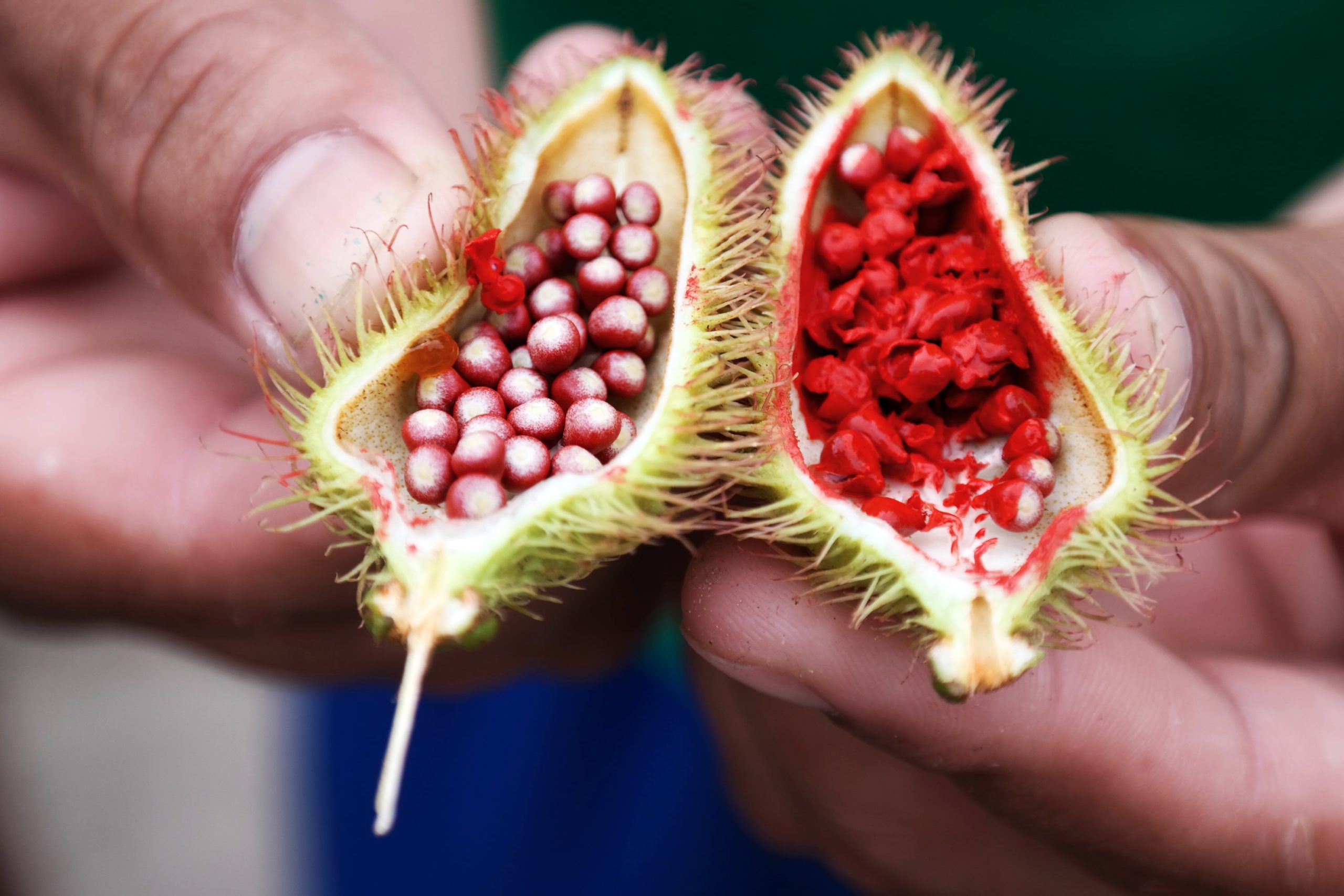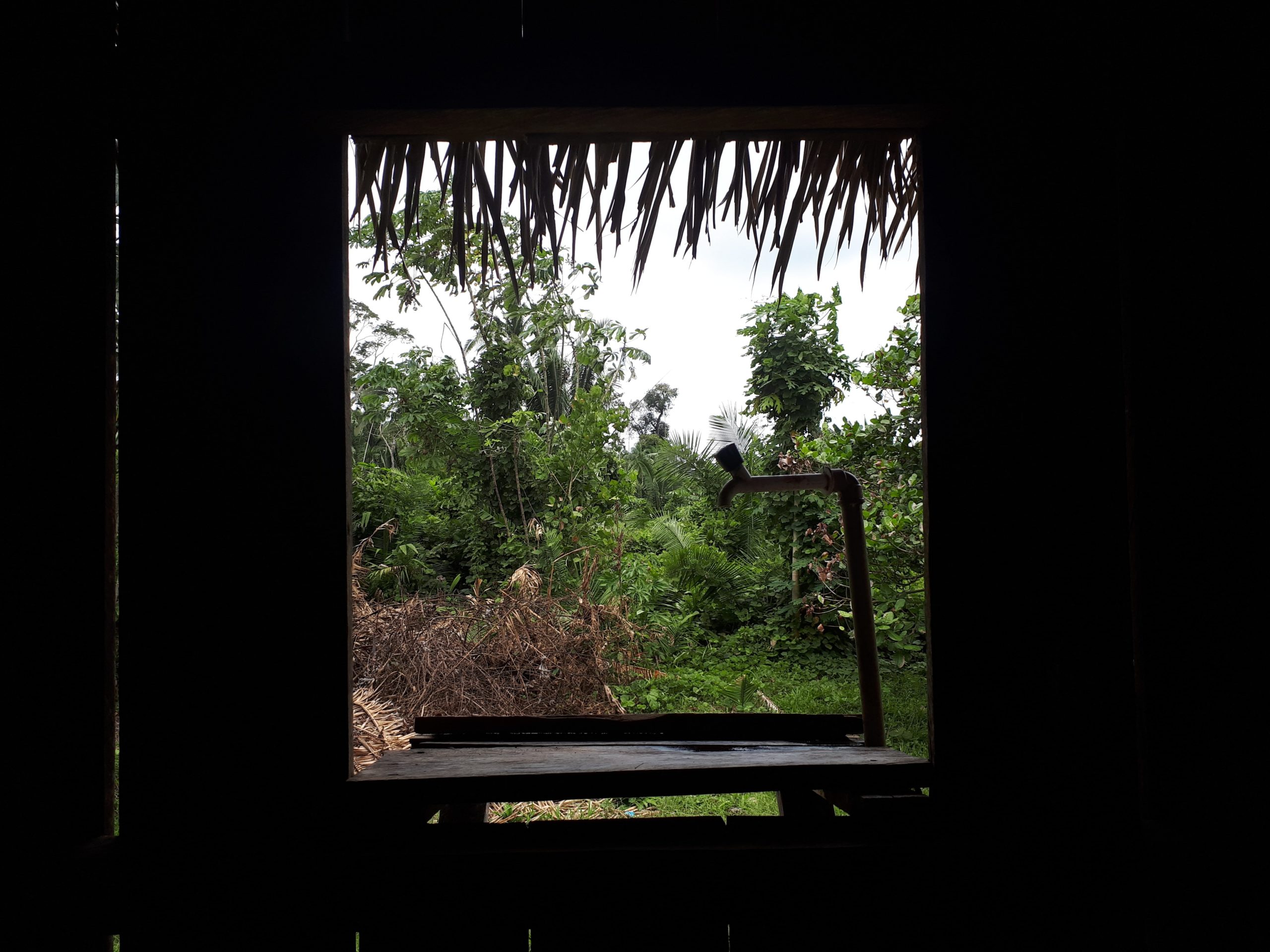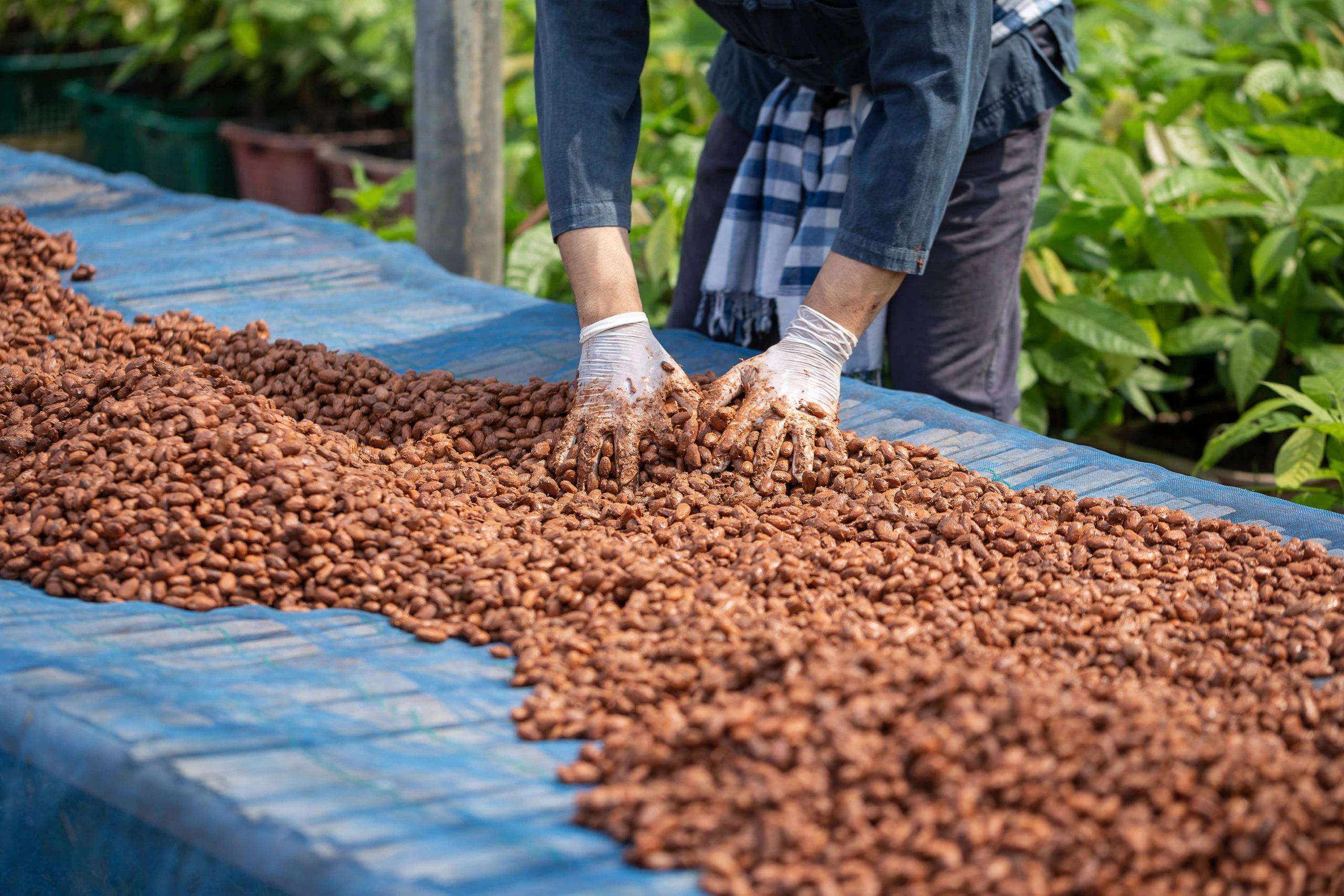learn more
Within the Humanize Institute, and considering the external links of the institution, there is a space for innovation and experimentation capable of absorbing projects that, even if not directly aligned with the programmatic areas of the institution, can assume a catalyzing role in learning and still contribute to the search for solutions that have social transformation as their mission.
From this perspective, there is an awareness that a large part of the ability to delve into new topics is linked to the innovative nature of sustainability, a field that is so present in Humanize and in constant evolution. There is, therefore, an innovative condition in the field – which is reinforced in the institution starting from the monitoring of projects and the relationship with our partners. This makes room for the emergence of themes that had not been foreseen and planned, but deserve a closer look.
It is from a space like this that the Special Projects Program arises, an area of Humanize that encompasses actions such as: researching new themes; experimenting new ways based on the relationships with partners; incubating initiatives so that they can eventually be developed and tested with a long-term view; opening space for new ideas and prototypes of solutions that can be observed in action.
In this direction, the program has been acquiring the necessary strength to get even closer to the trends that dialogue with a systemic view of the world; a view that is broader and able to incorporate cause and effect relationships from different contexts.
Get to know the history of projects:
“A Queda do Céu -Palavras de um Xamã”
Co-Financing Partners: Ford Foundation, Nia Tero, Instituto Arapyaú, Itaú Cultural, Globo Filmes/Le Films d’Ici, Climate and Land Use Alliance (CLUA) and Porticus
Implementing Partner: Aruac Filmes
Based on the homonymous book, the film portrays a prophecy about the end of the world made by the Yanomami shaman Davi Kopenawa, who denounces and addresses humanitarian and climate issues. Expected to be released in 2023, the work is a call to society in search of a better understanding of the relationship of indigenous peoples with the territory and the nature, and the importance of these peoples for the preservation of the forest.
Cátedra UNESCO de Alfabetização em Futuros no Museu do Amanhã
Co-Financing Partner: Institute for Development and Management – Museum of Tomorrow
Implementing Partner: Stichting Museum of Tomorrow International – MOTI
The project aims to formalize the official application for a ‘UNESCO’ Chair in Futures Literacy at the ‘Museum of Tomorrow’, to advance the development of this discipline in Brazil. ‘Futures Literacy’, promoted by ‘UNESCO’, is a skill that allows us to better understand the role that the future plays in how we think and act in the present.
Coleção História Geral da África
Implementing Partners: Fundação Roberto Marinho and UNESCO
Project for the re-edition, printing, and distribution of the “General African History” collection, including 500 copies of the eight complete volumes and 100 copies of the 2 synthetic volumes. The launch of the collection also included webinars and a debate on the “Canal Futura”, in order to expand the spaces for information and discussion on the theme of racism in Brazil.
Project ended in 2021.





